
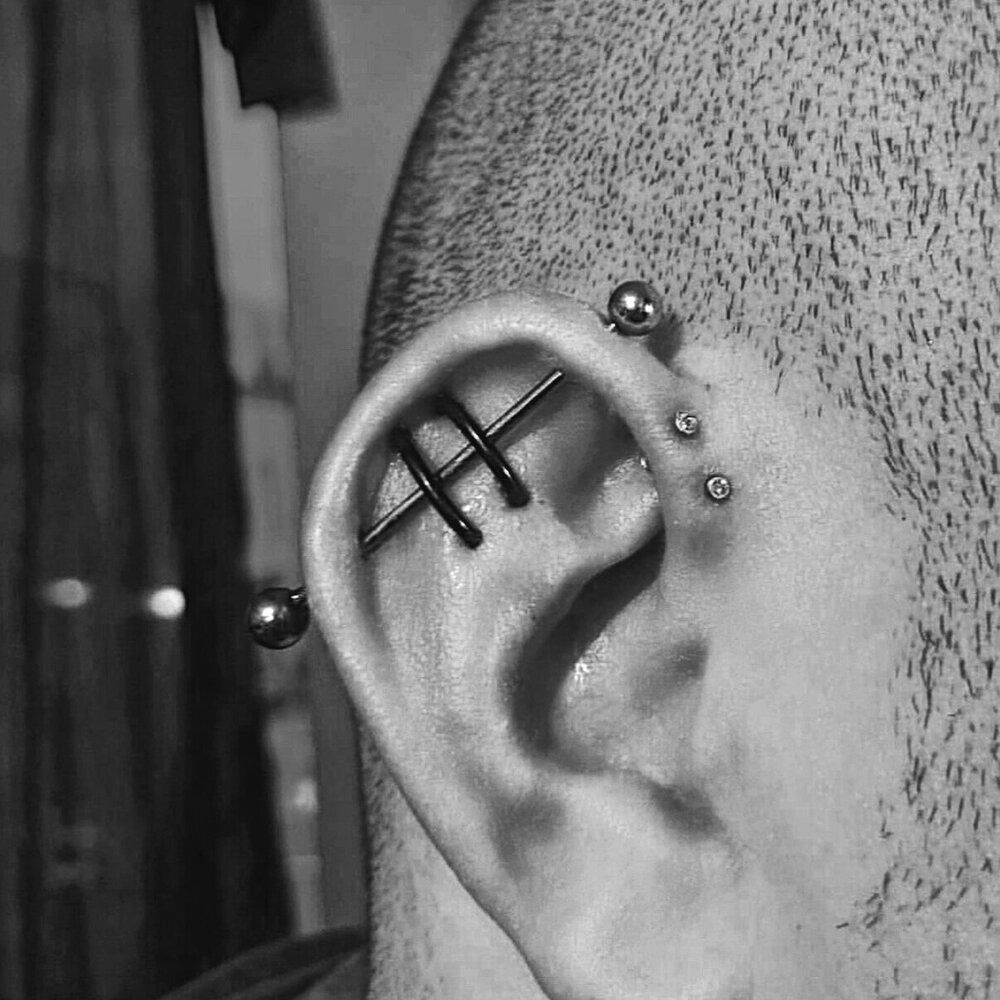
Parents of teens and young adults often struggle to understand why these individuals choose to tattoo or pierce their bodies, which may have lasting consequences on self-image and future opportunities.
Body piercing involves creating holes in the skin to attach various items, typically jewelry, such as earrings. Different types of body piercings have other health risks associated with them.
Tattoos

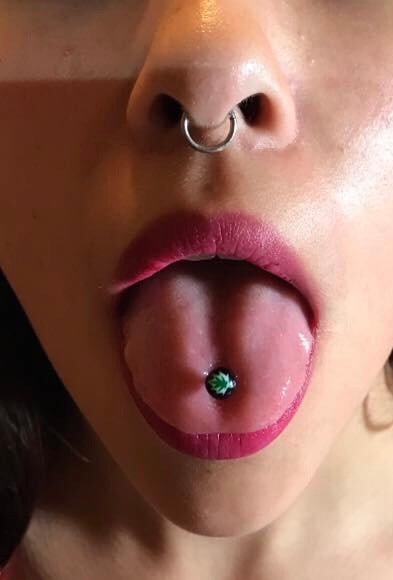
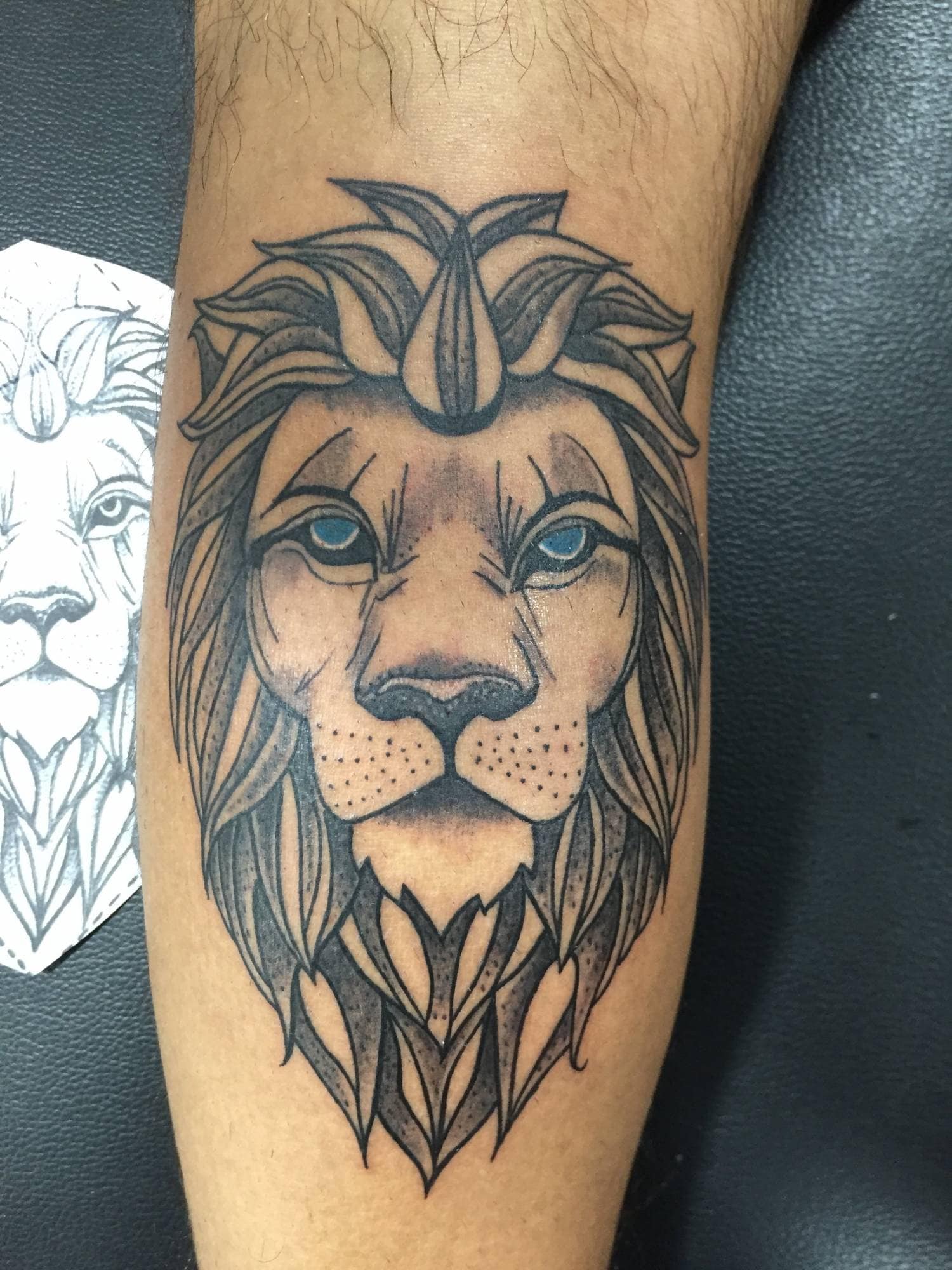

Tattoos are permanent markings created on the top layer of skin using pigments that reflect light in different hues, usually metal salts reacting with oxygen to produce shades such as red, green, or brown, and are then injected through needles into the skin. Tattoos often symbolize significant meaning within a culture. For instance, they may mark rank or status within an organization and serve as memorials when keeping a loved one’s passing away.
Tattoo pigments or jewelry may cause reactions in some individuals that lead to infection, from minor irritations such as blistering to more severe cases that require hospitalization. Risk for disease can be reduced when performed by licensed professionals using clean instruments and adhering to strict hygiene standards; those getting Tattoos or piercings should carefully clean the area they have received their procedure in and apply antibiotic ointment when required; picking or rubbing can increase chances of infection and increase risks further.
Piercings
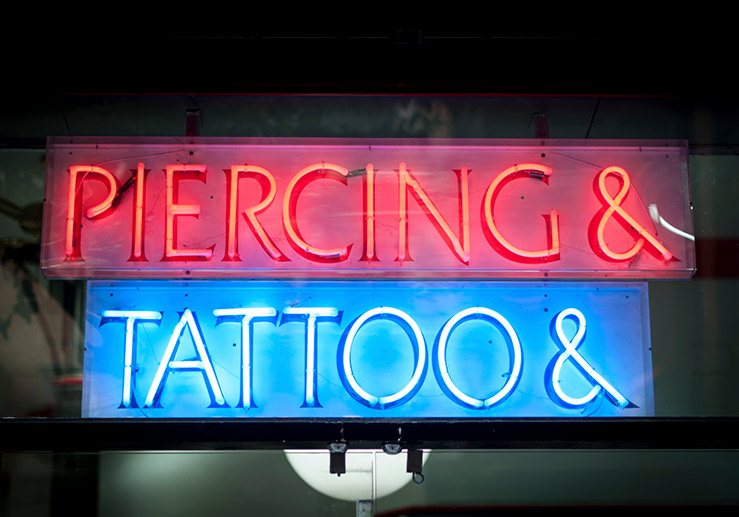
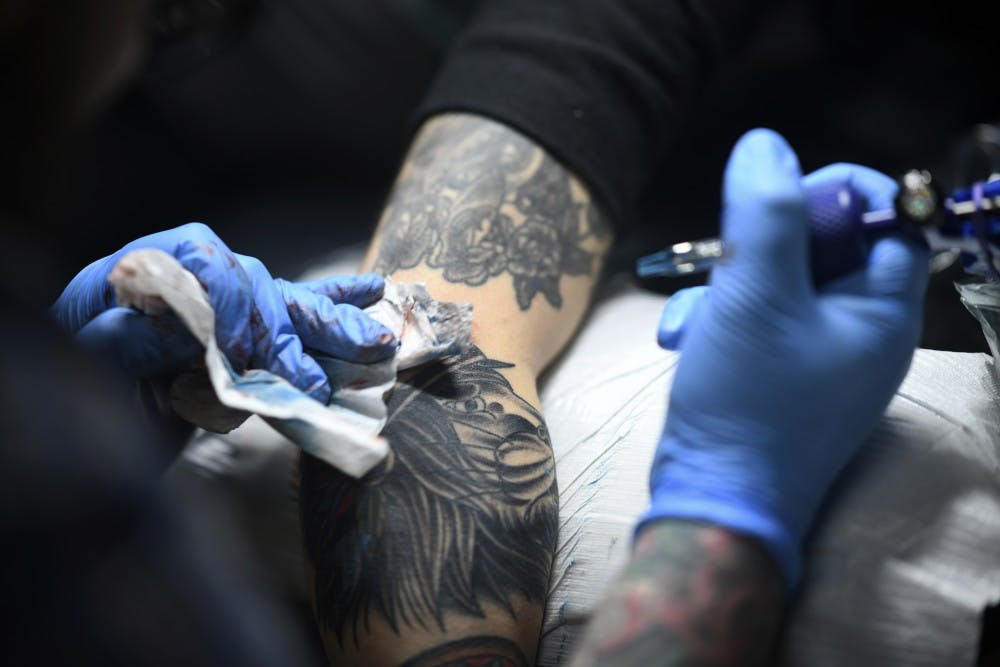
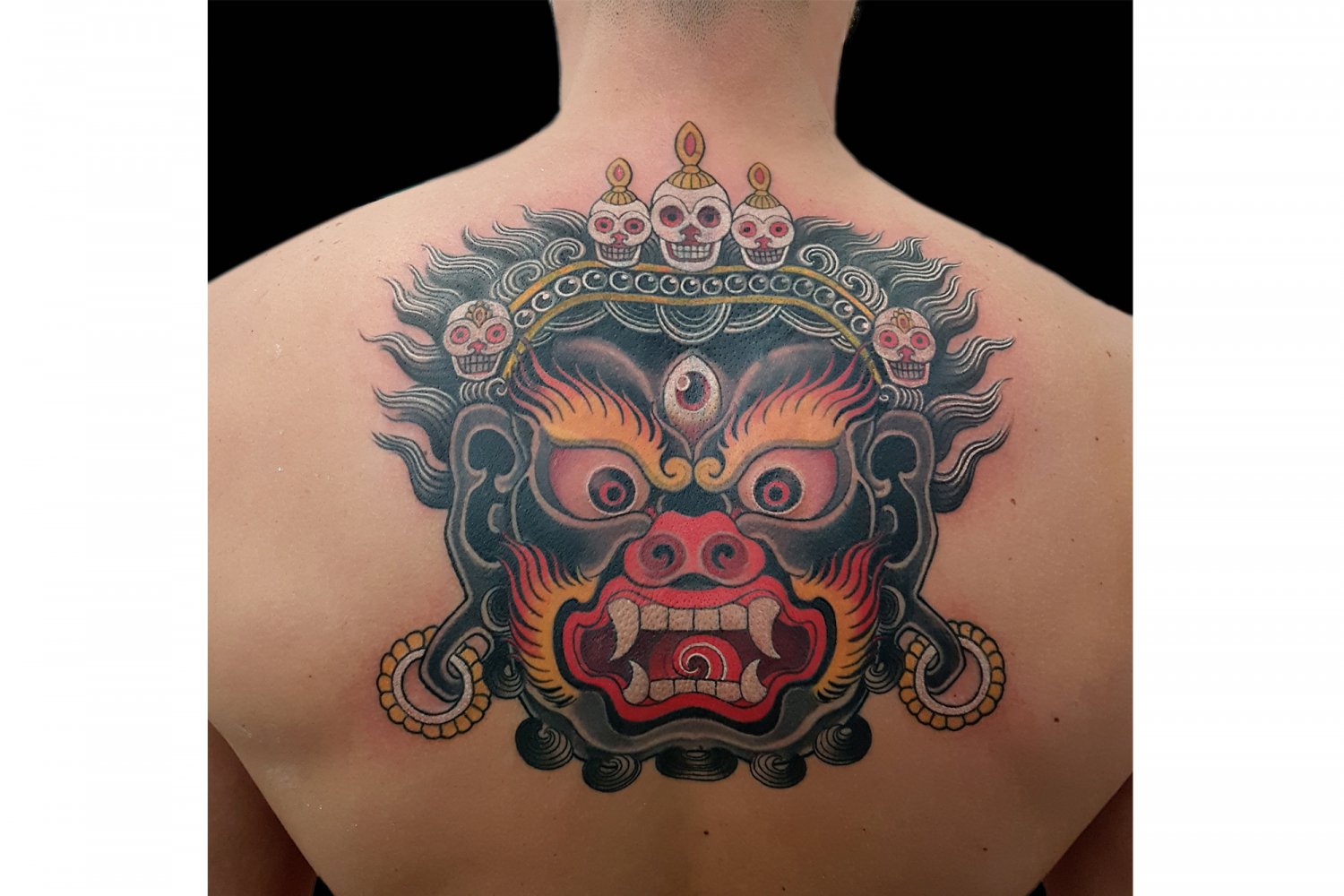

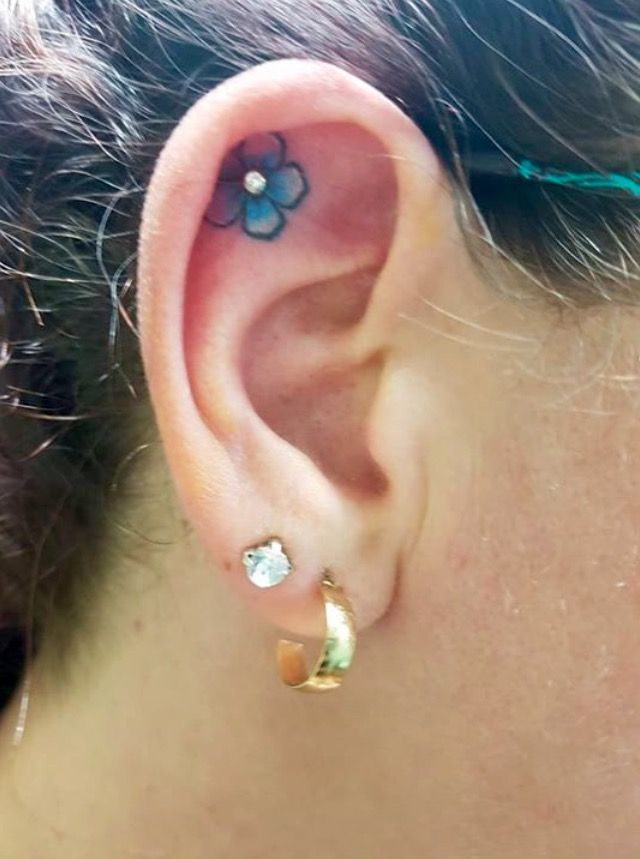



Piercing involves making holes in the body to attach jewelry. Ear piercings are the most commonly performed type, although other parts, such as the nose, lips, belly button, and nipples, can also be pierced by professional piercers. Infection is one of the main complications associated with piercings; conditions range from skin or cartilage irritation accompanied by pain, redness, swelling, and tenderness to serious blood infections that require hospitalization for treatment.
Piercings may serve as a vehicle for transmitting bacteria that cause diseases, including Hepatitis B virus (HBV), Herpes simplex virus types 1 and 2, Human immunodeficiency virus (HIV), tuberculosis, etc. Infections can spread directly through blood contact, contaminated jewelry/equipment, droplet spatterings, aerosols, etc.

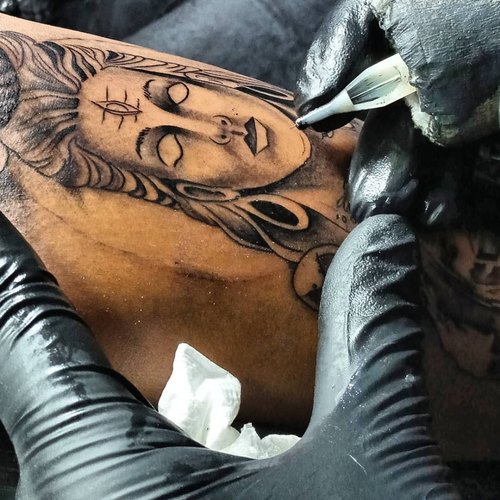
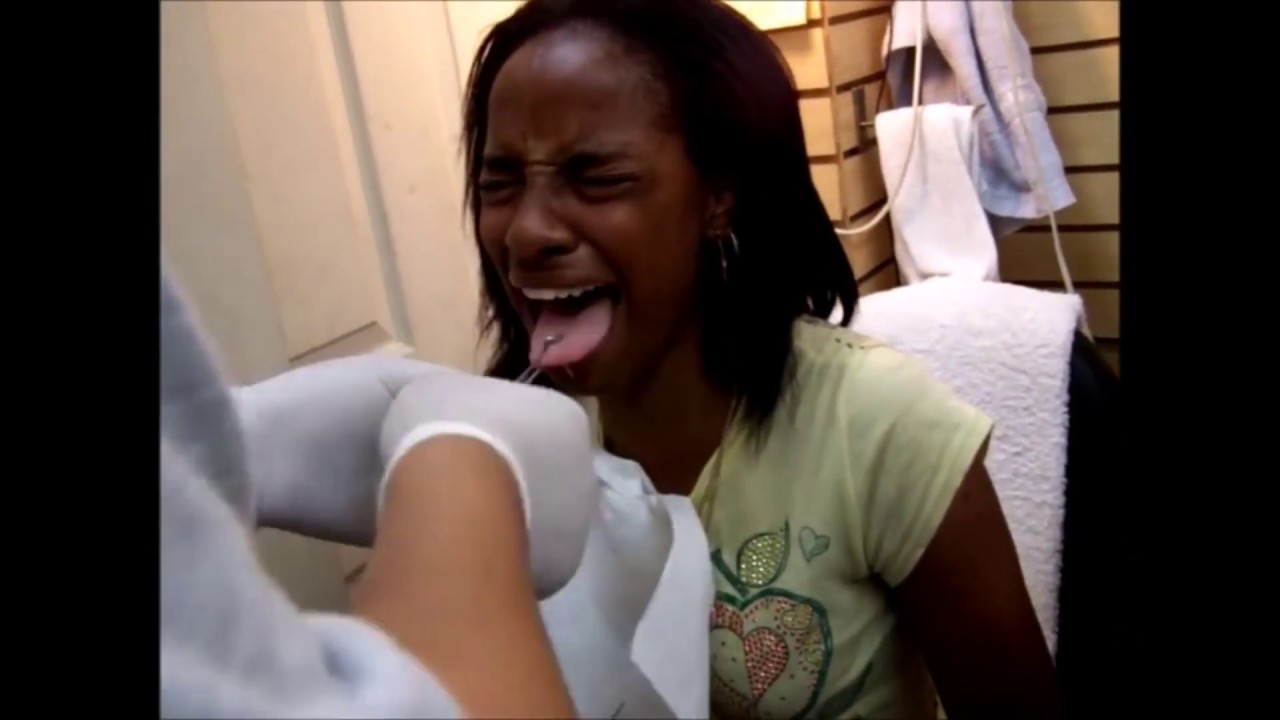

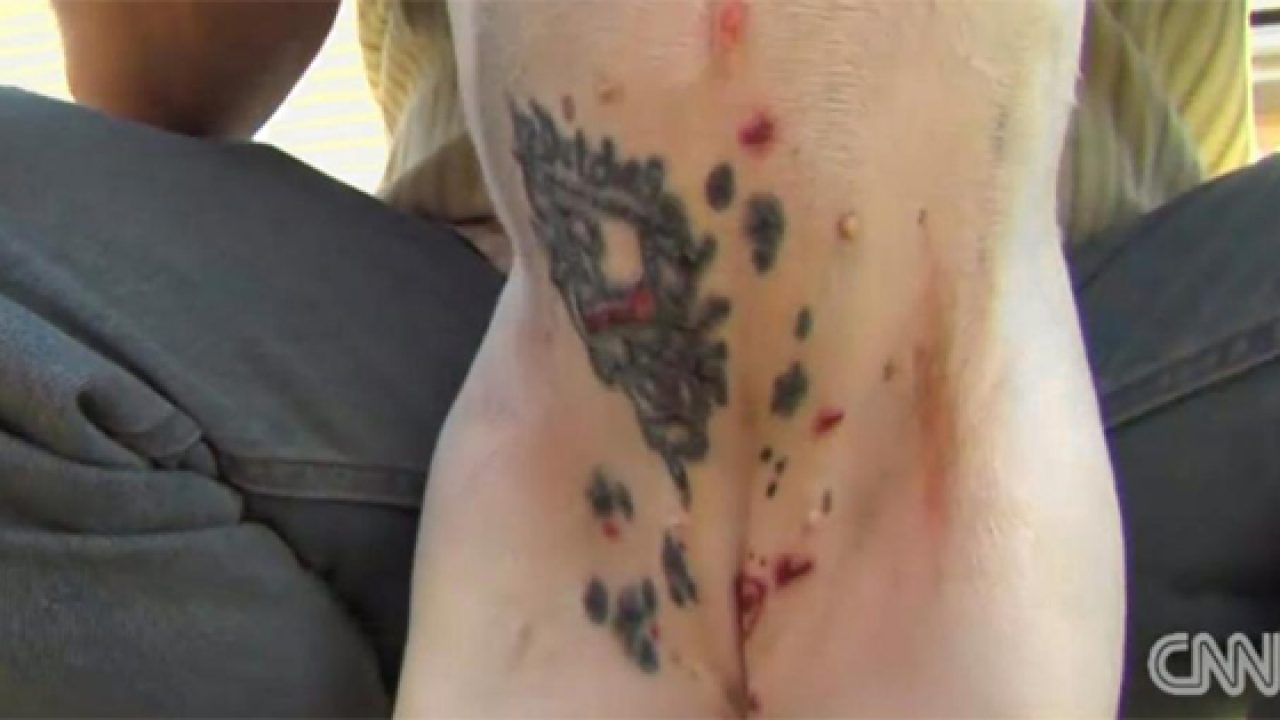

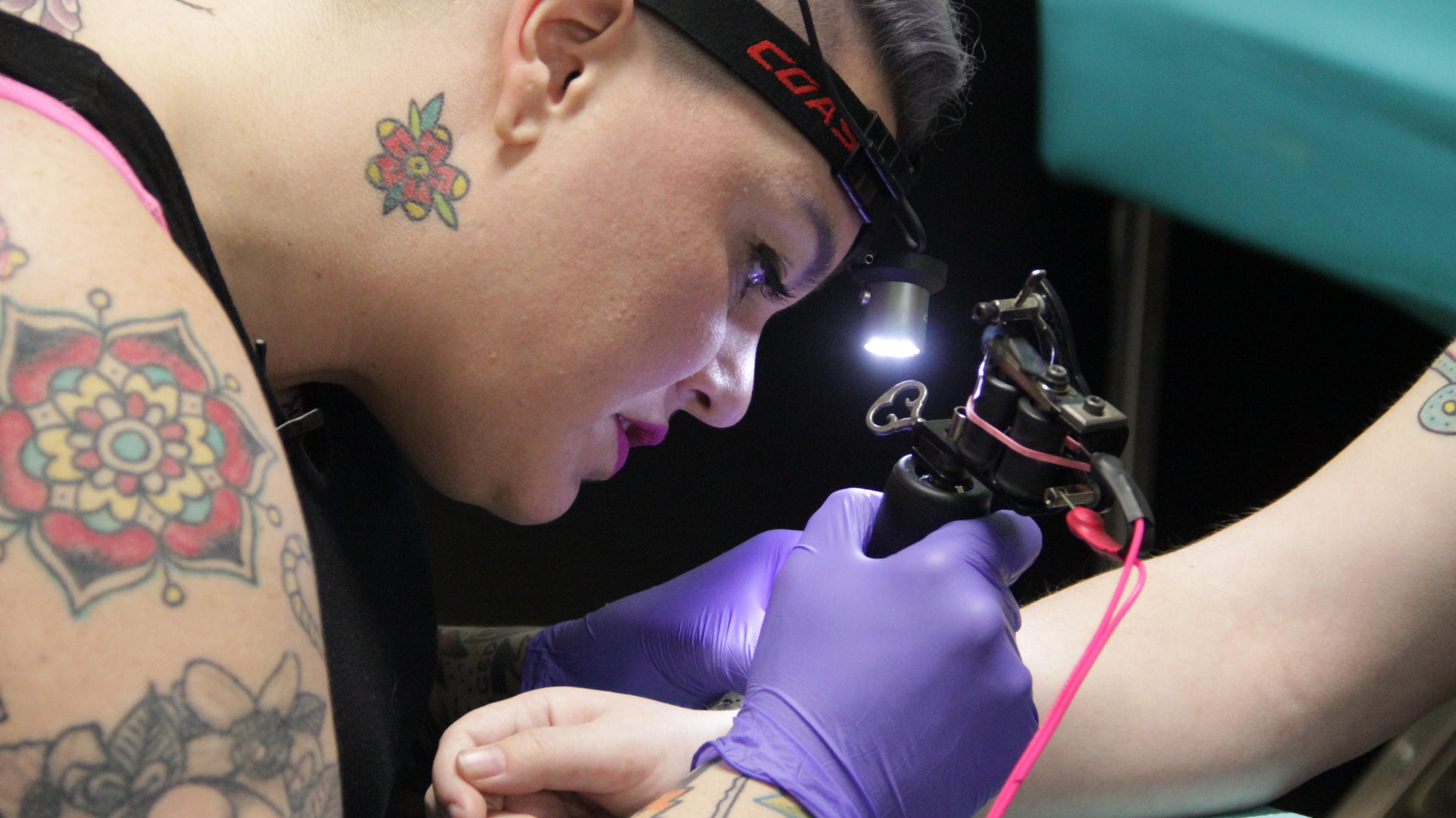


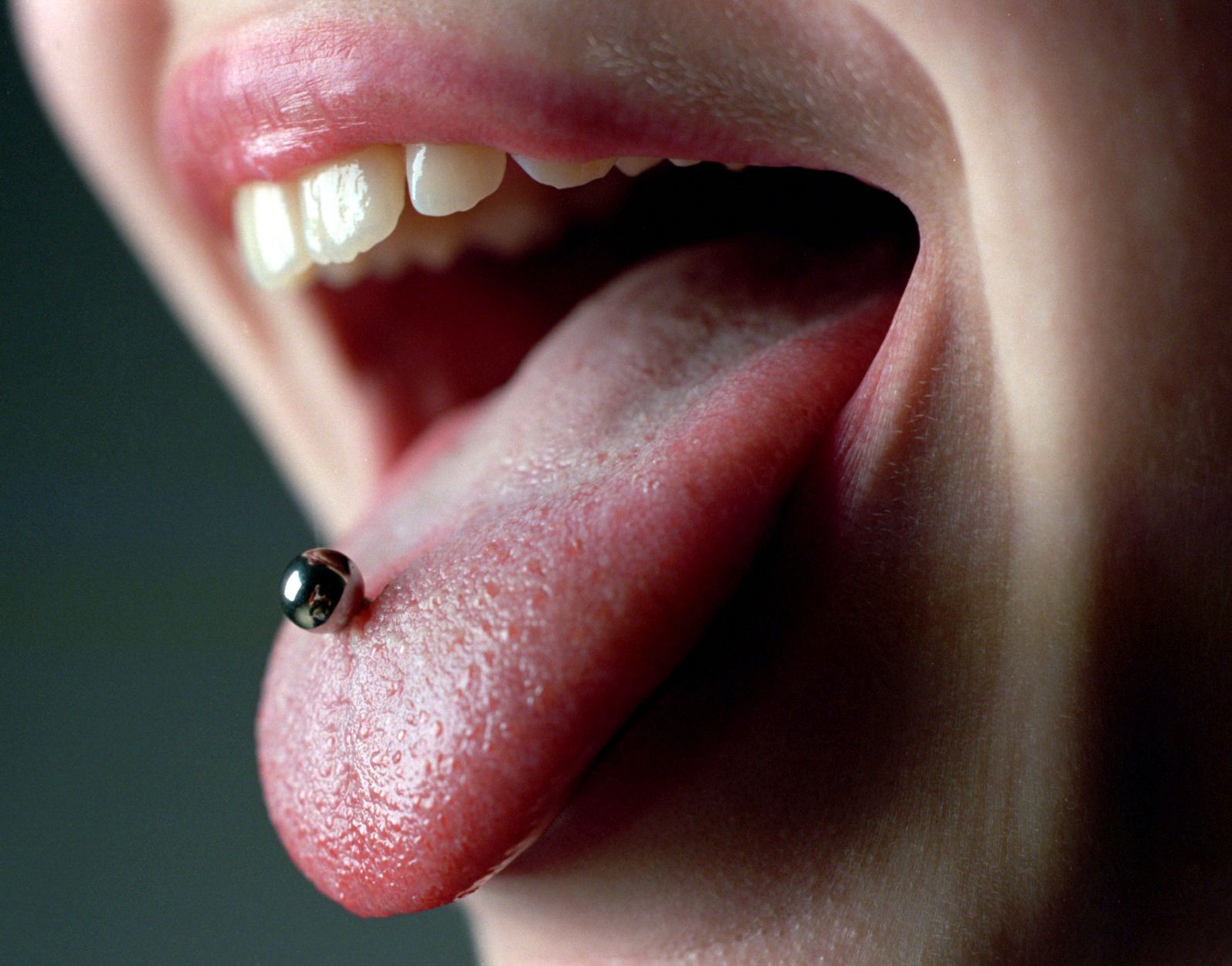


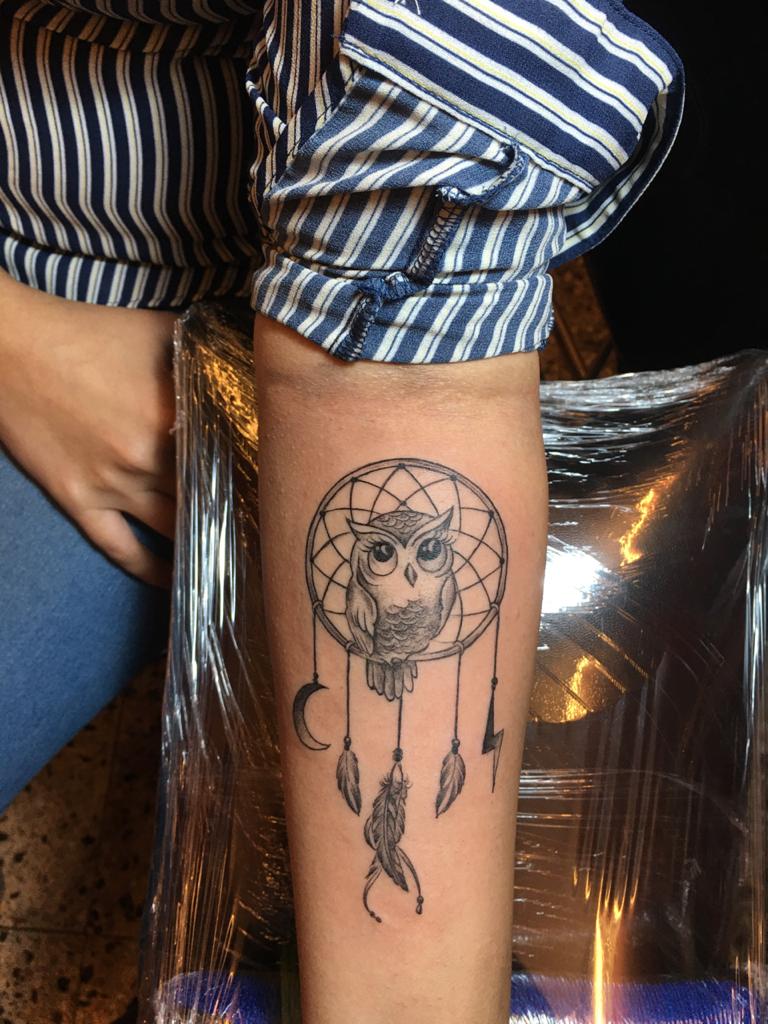

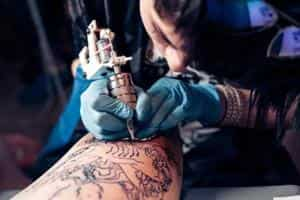

Complications associated with piercing can include infection, bleeding, and nerve damage – so it is crucial to discuss plans for one with a trustworthy adult and adhere to aftercare recommendations. Parents should help their teens evaluate why they desire such an action and whether it should go forward in the first place.
Health
Tattoos and piercings penetrate the skin, leaving open wounds vulnerable to infections that could spread quickly through scar tissue, leading to scarring, severe illness, or even life-threatening methicillin-resistant Staphylococcus aureus (MRSA), an extremely serious and life-threatening bacterium.
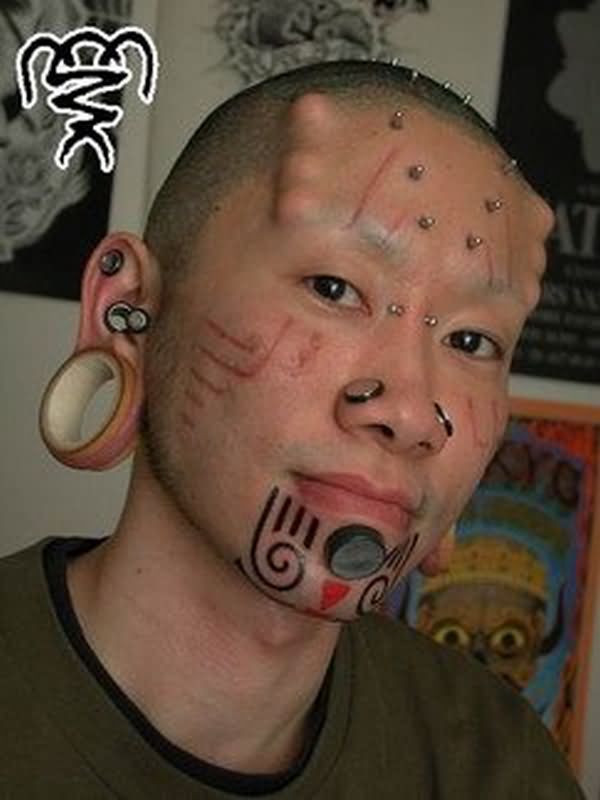
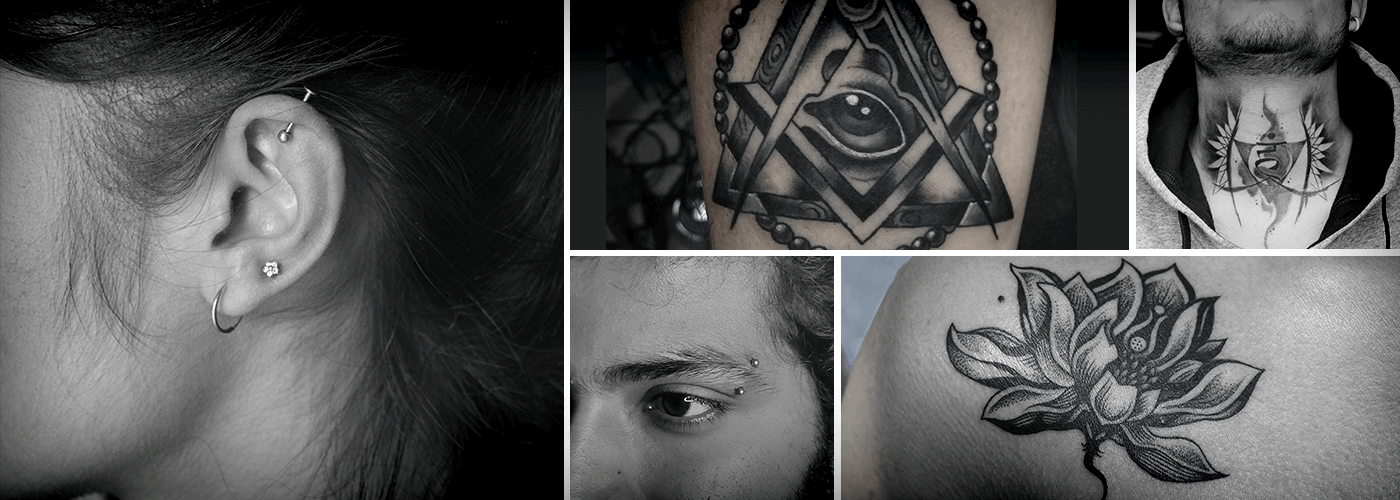
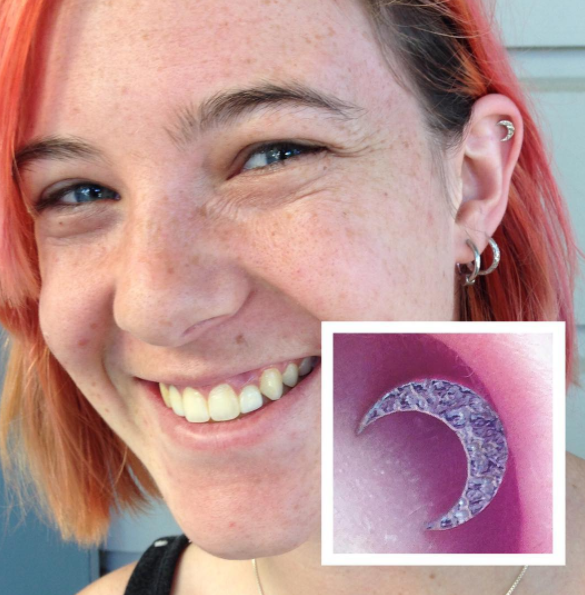


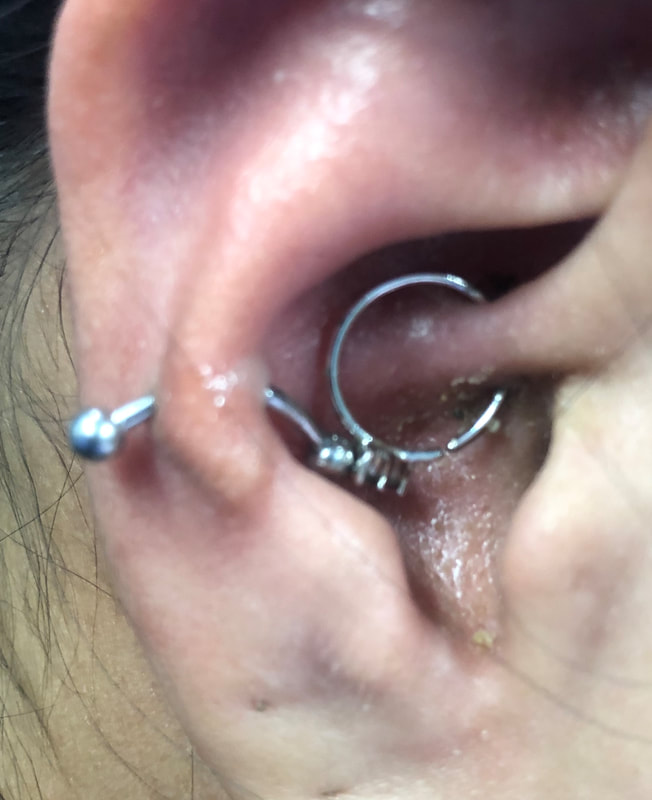




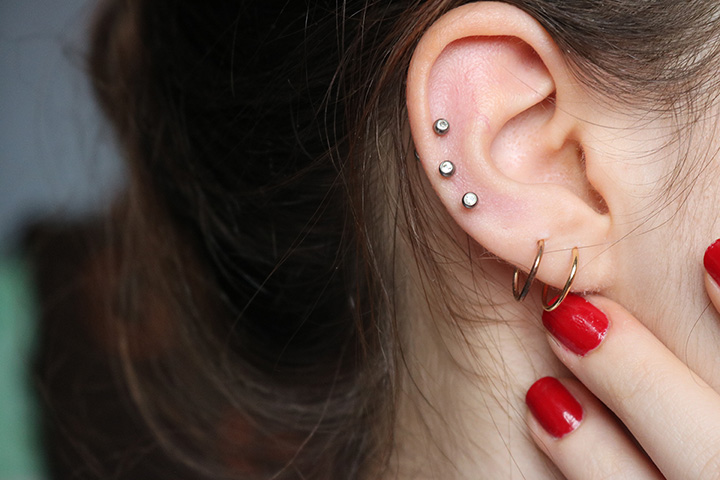
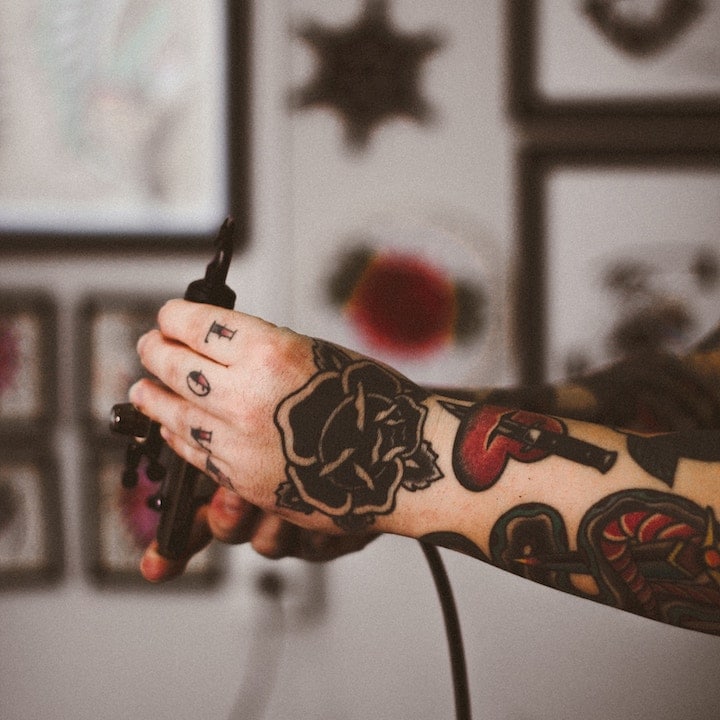

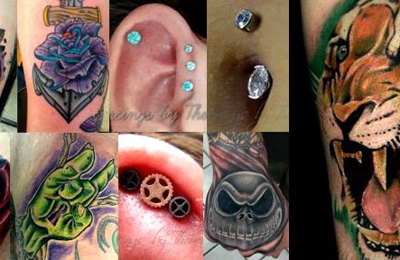


Tattooing and piercing are considered safe when performed by licensed artists working in an uncontaminated, clean facility. When selecting an artist to get tattooed or pierced, look for their state license number and ensure they use single-use needles and gloves during the procedure.
Before getting a tattoo or piercing, people with allergies should consult a dermatologist. Some conditions, like Lupus, can trigger allergic reactions to dyes used in tattooing; if you have had prior allergic reactions to hair dye or costume jewelry products, you should inform the tattoo artist and discuss any concerns about hygiene practices used by their artist.
Safety
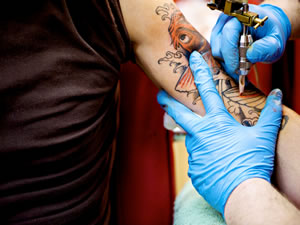
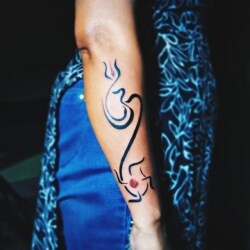
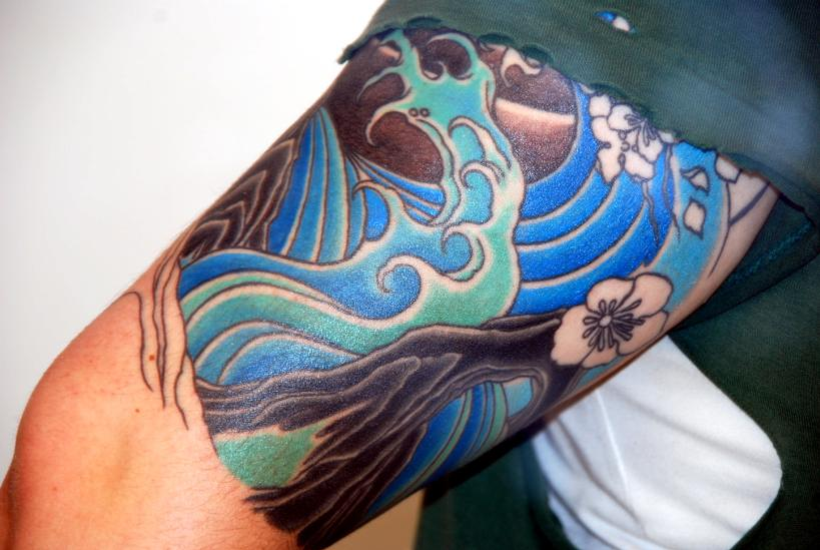
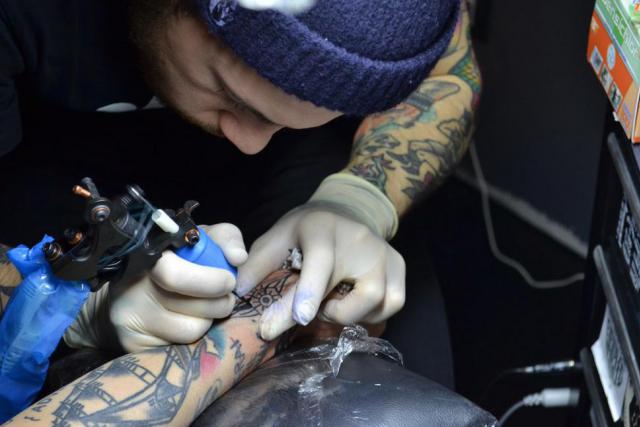
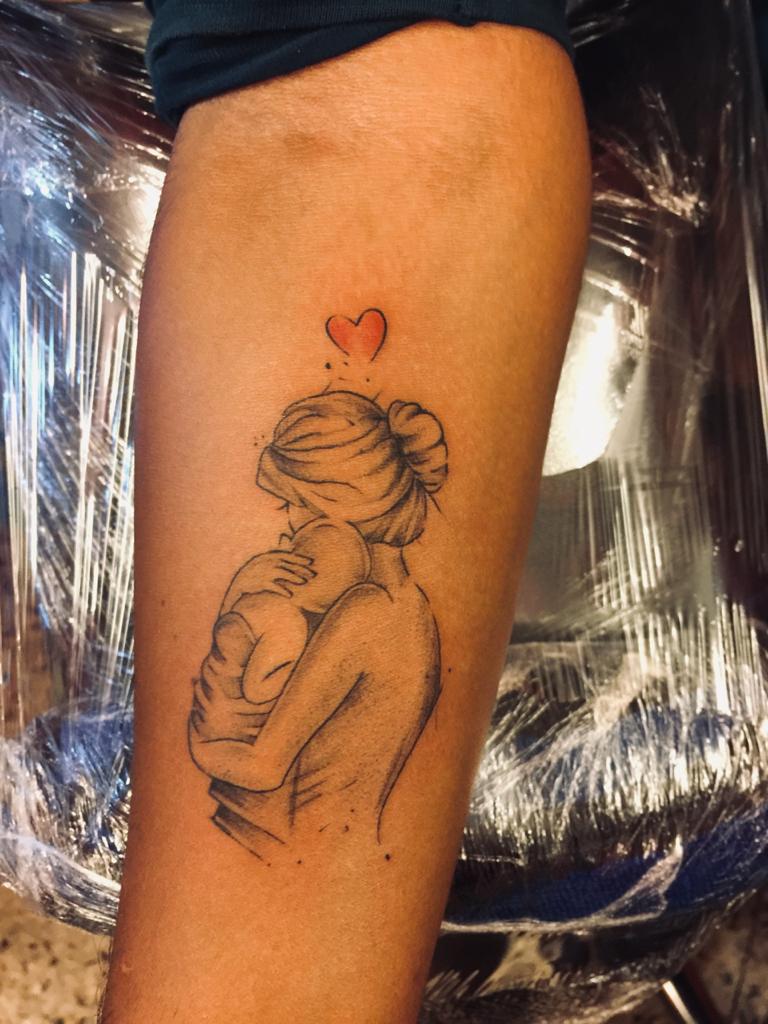
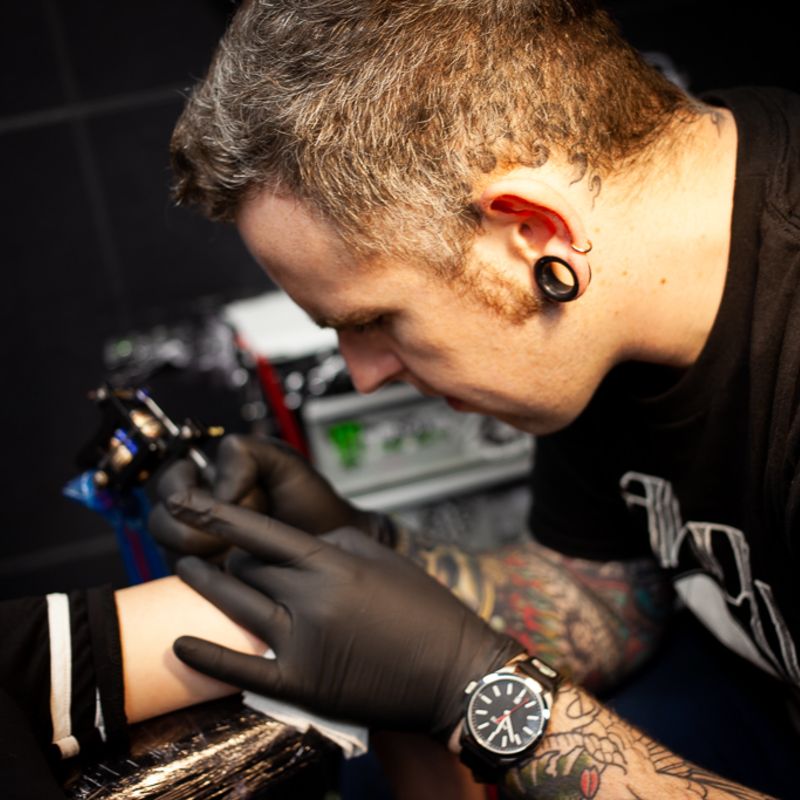
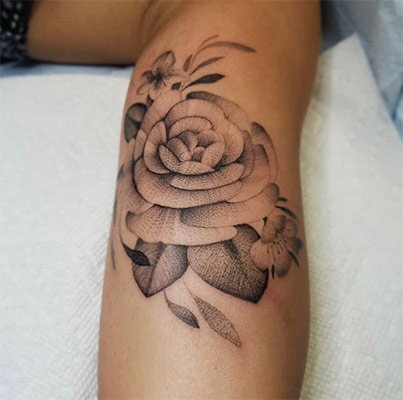

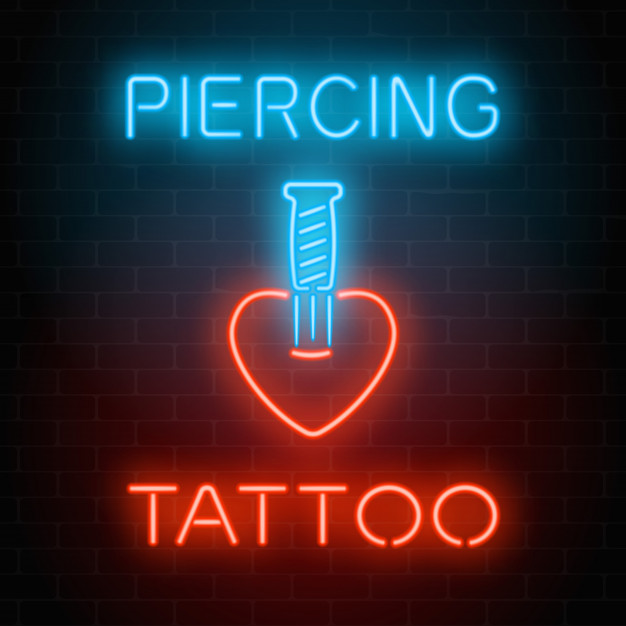

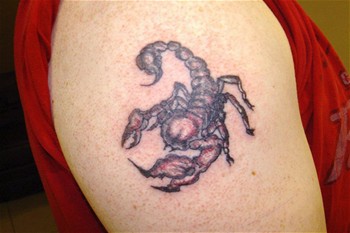
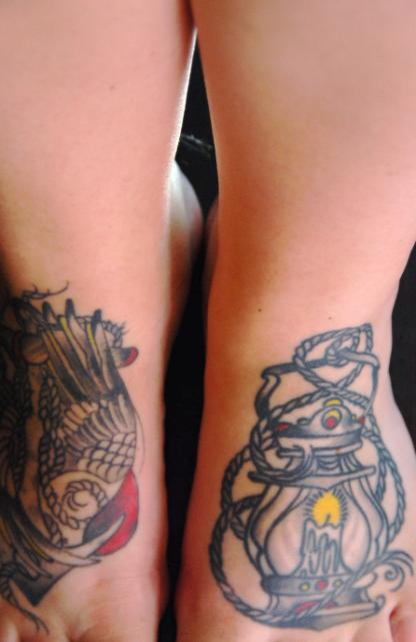
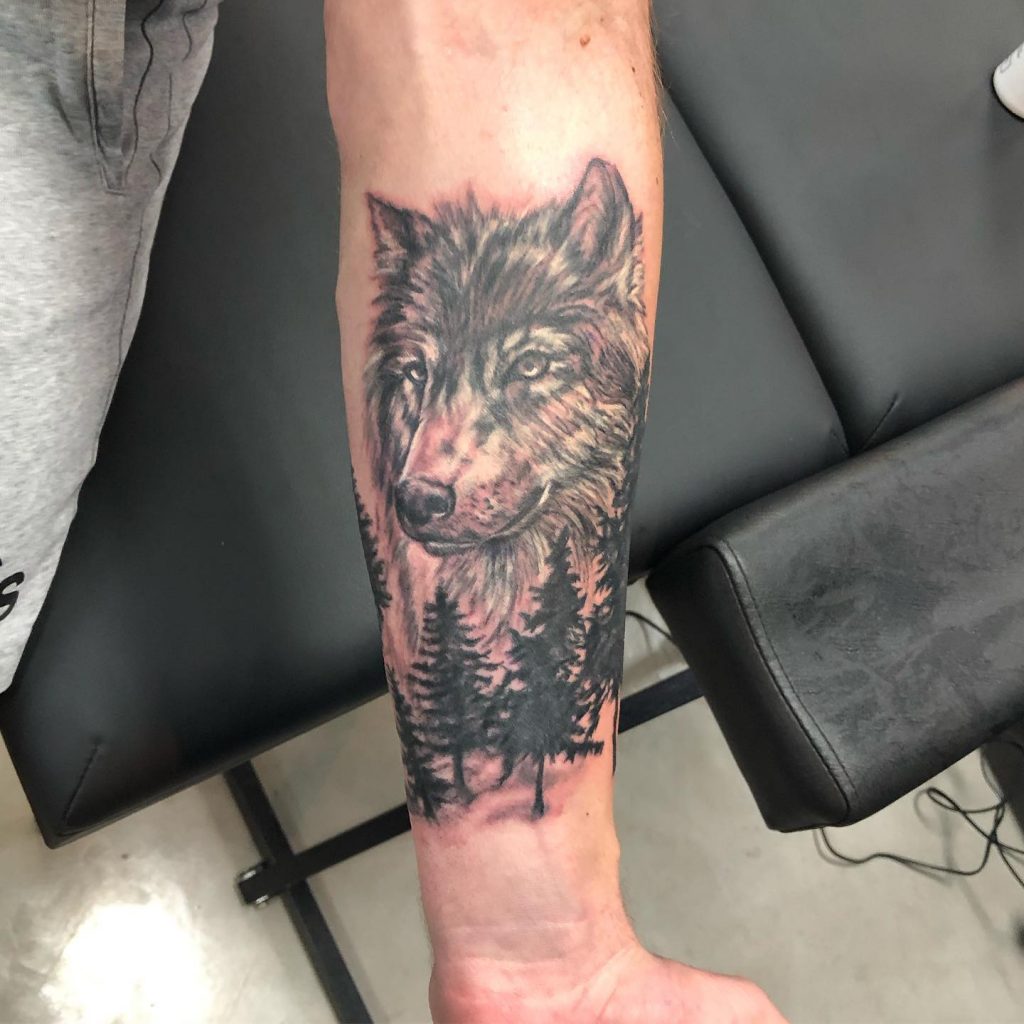
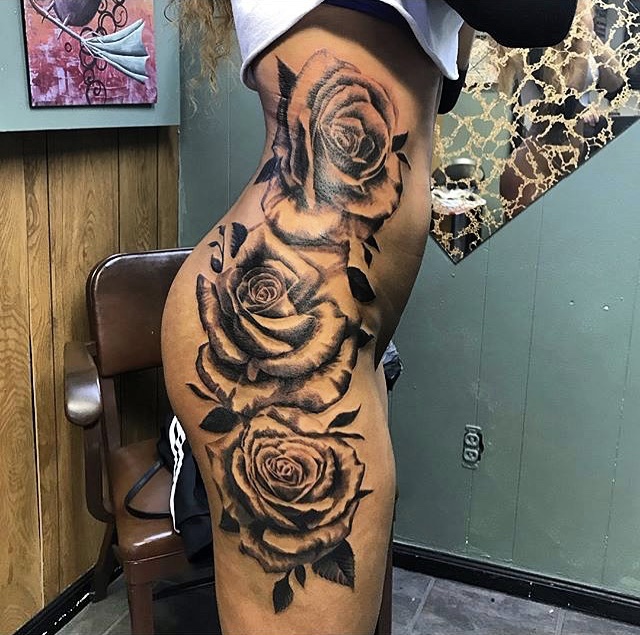

Tattoos and piercings leave openings in the skin that allow bacteria to enter and cause infections, possibly leading to sepsis (blood poisoning). T Tattoos and piercings should only occur at licensed facilities with hygienic work practices and equipment that sterilizes non-disposable tools to minimize risk. Workers should use clean gloves before beginning each procedure and discard contaminated needles immediately into an approved waste container.
Body piercings may cause allergic reactions in some individuals, especially when made with nickel. Therefore, body piercings should ideally be completed using surgical stainless steel or solid 14 or 18-karat gold, as this may prevent such adverse reactions from developing.

